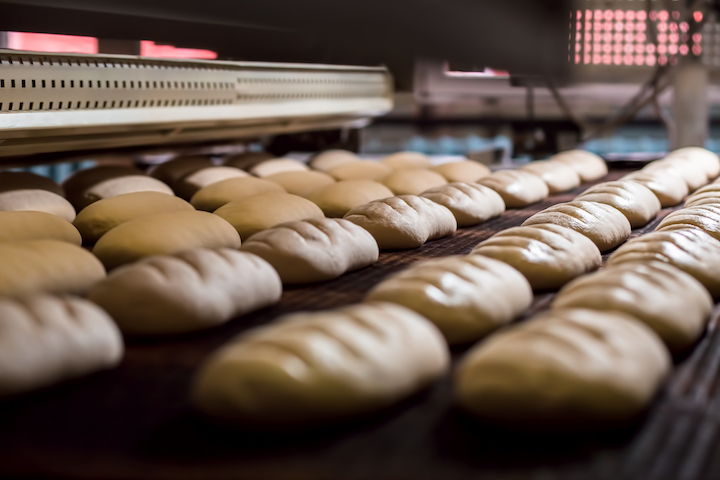
Sensors cut waste and make bread better
Danish R&D is taking quality control in the bakery industry towards a digital future
Quality variations in industrial bakery production are to blame for tonnes of food waste every day. In Denmark, a three-year project is investigating opportunities to identify and correct such deviations using online sensors. The goal is to reduce waste by at least 50%.
Danish Technological Institute (DTI) is leading the project.
“Bakery companies are used to managing quality manually, based on their many years of experience. This means dough quality is typically evaluated just before baking, which is when quality problems are discovered,” says head of section at DTI, Inger Olesen.
“Using sensor technology, we want to identify problems at an earlier stage, so bakers can make the necessary adjustments in good time. In this way, they can ensure the uniform quality of each product batch – and throw out much less dough in the process.”
Sensing natural fluctuations
Seasonal variations in raw materials such as flour are a frequent cause of quality deviations on bakery lines. With the right choice of sensors, the aim is to accommodate these naturally occurring fluctuations by adjusting the processing parameters or other ingredients in bakery recipes.
Several types of technology are being explored during the project. At DTI, the focus is on sensors for rheological analyses of dough elasticity and viscosity, for example. Another project partner, University of Copenhagen is testing near-infrared (NIR) and low-field nuclear magnetic resonance (LF NMR) spectroscopy for at-line quality control.
Big bakery interest
Two large industrial bakeries are collaborating on the project.
“They are highly engaged in finding a way to channel the manual expertise seen among bakers into an early-warning quality control system based on automatic data collection,” Inger Olesen says.
“We already experience a lot of interest in this project from the bread industry and other bakery companies. Once we have found the technology that can help us predict the quality of the finished products, we can support companies with implementation.”
The project has received funding from Innovation Fund Denmark.
